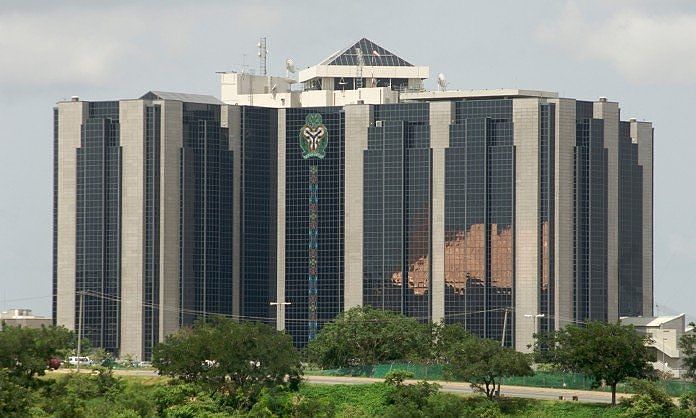By Energy Worth
There are indications that the financial support from the Central Bank of Nigeria (CBN) to the power sector will help reduce the amount of Non-performing Loans (NPLs) in the banking system, especially for lenders that are highly exposed to the sector.
This declaration was made at the Renaissance Capital (RenCap) ninth Annual Pan-Africa 1:1 Investor Conference held in Lagos on 16-17 May.
The global investment banking firm believes the Nigerian banking sector is slowly returning to stability, but asset quality issues and the declining yield environment remain a challenge, adding that the overall operating environment still favours the big banks.
“We met with nine banks at the conference. In the power sector, we believe continuing forbearance by the Central Bank of Nigeria will likely prevent the banks from classifying some of these loans as NPLs in the short term,” RenCap stated in its feedback note to investors.
Recall that the Federal Executive Council (FEC) last year approved a N701 billion payment assurance guarantee for the power sector, to be provided by the Central Bank of Nigeria (CBN) as part of measures to solve the liquidity problems in the power sector.
The N701 billion Payment Assurance Guarantee (PAG), is the latest intervention by the CBN in the Nigerian power sector. Other interventions by the CBN are the N300 billion Power and Aviation Intervention Facility (PAIF) and the N213 billion Nigeria Electricity Market Stabilisation Facility (NEMSF).
The Payment Assurance Guarantee is for a two-year period, beginning in January 2017 and will guarantee NBET’s payment obligations to GENCOs up until December 2018. The PAG is not focused on addressing the existing liabilities to GENCOs and gas producers prior to January 2017.
The guarantee only apply to GENCOs who generate power to the grid (including Hydro-power Gencos) and their gas suppliers.









